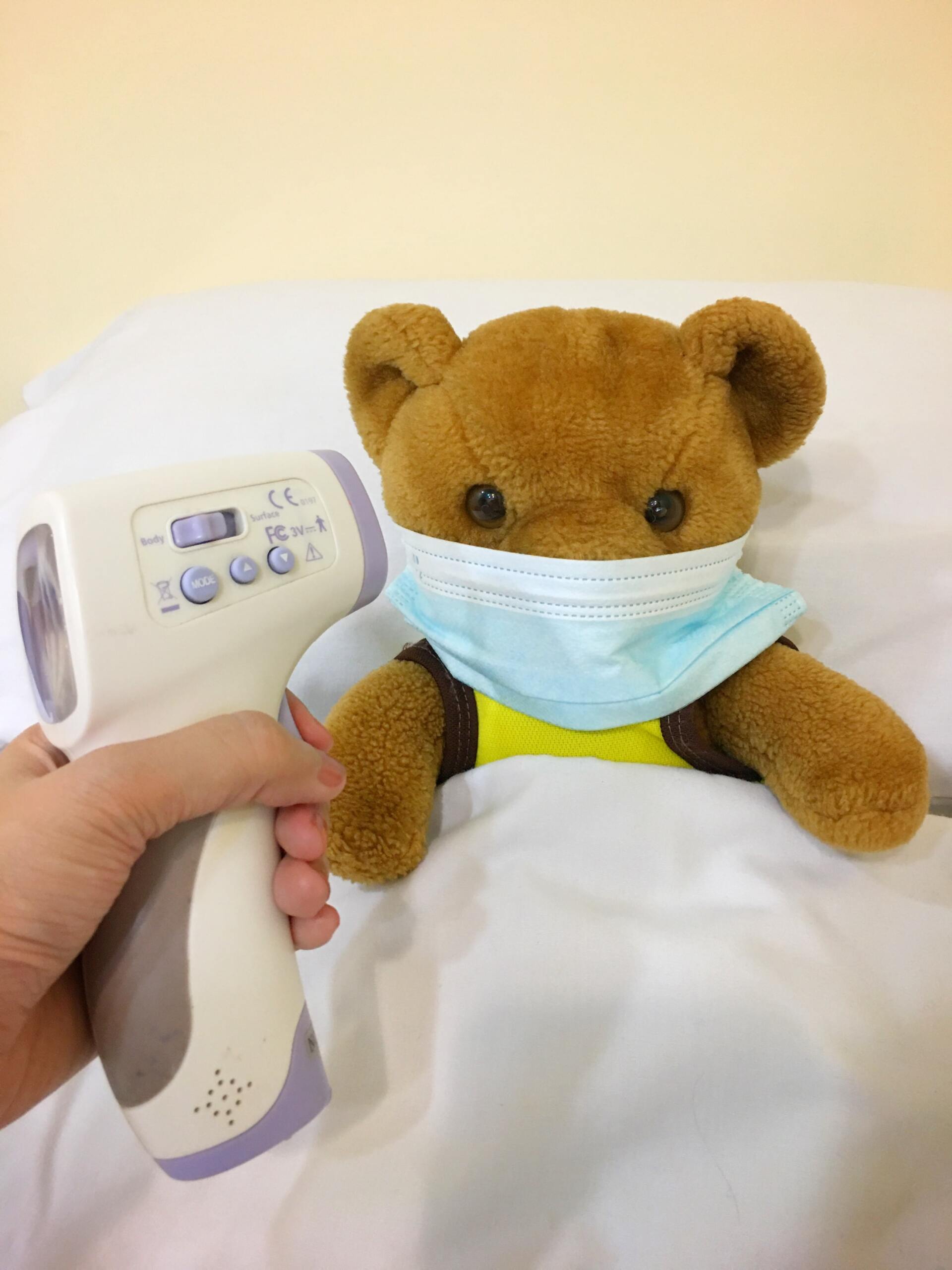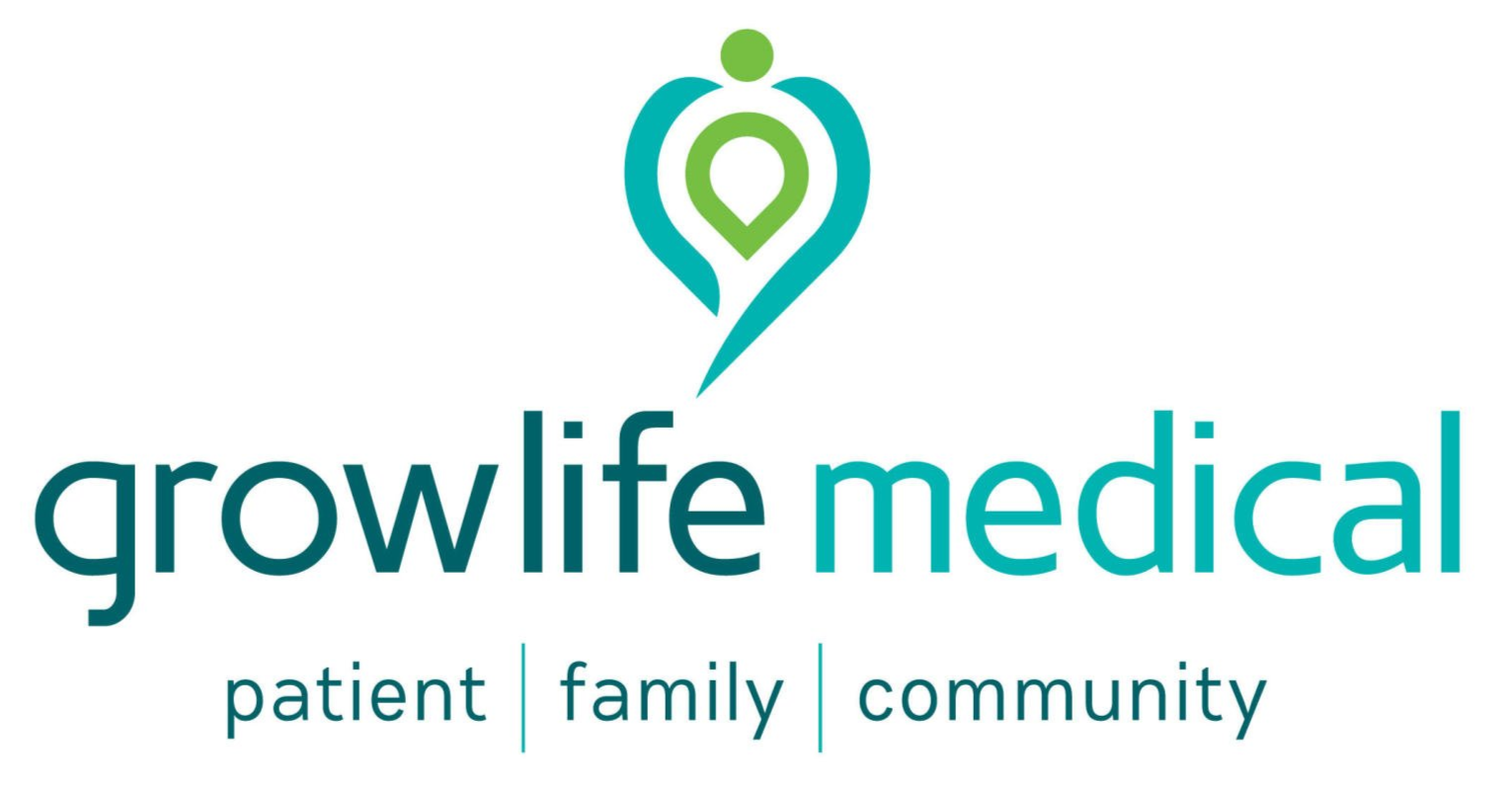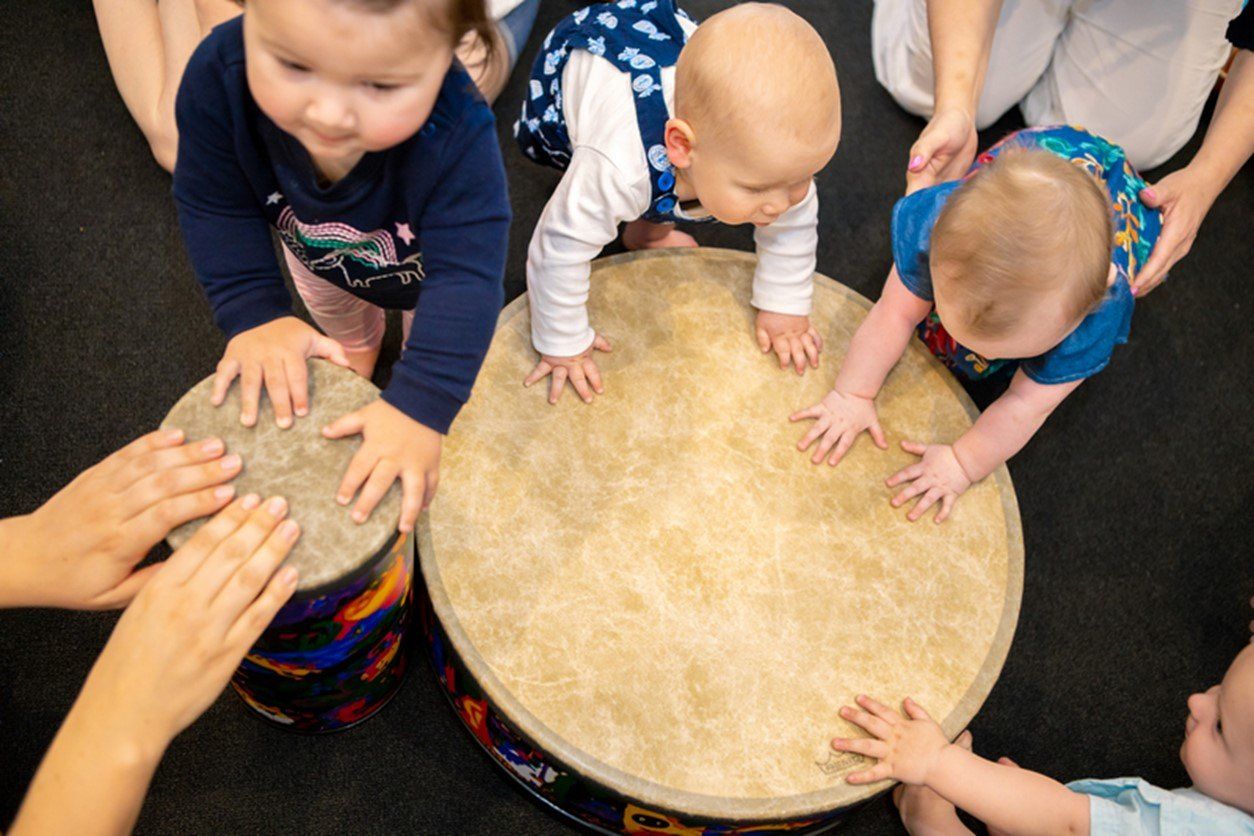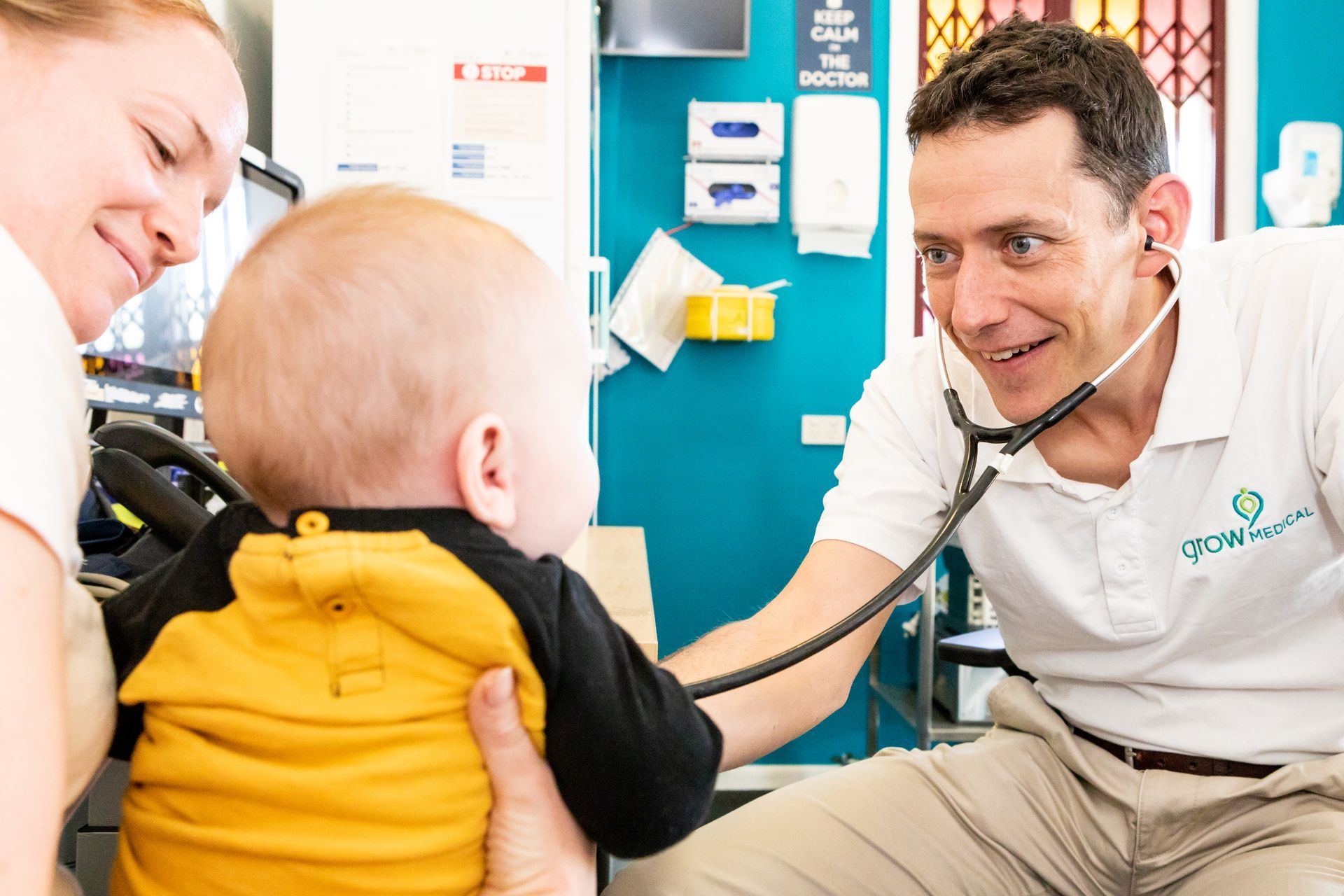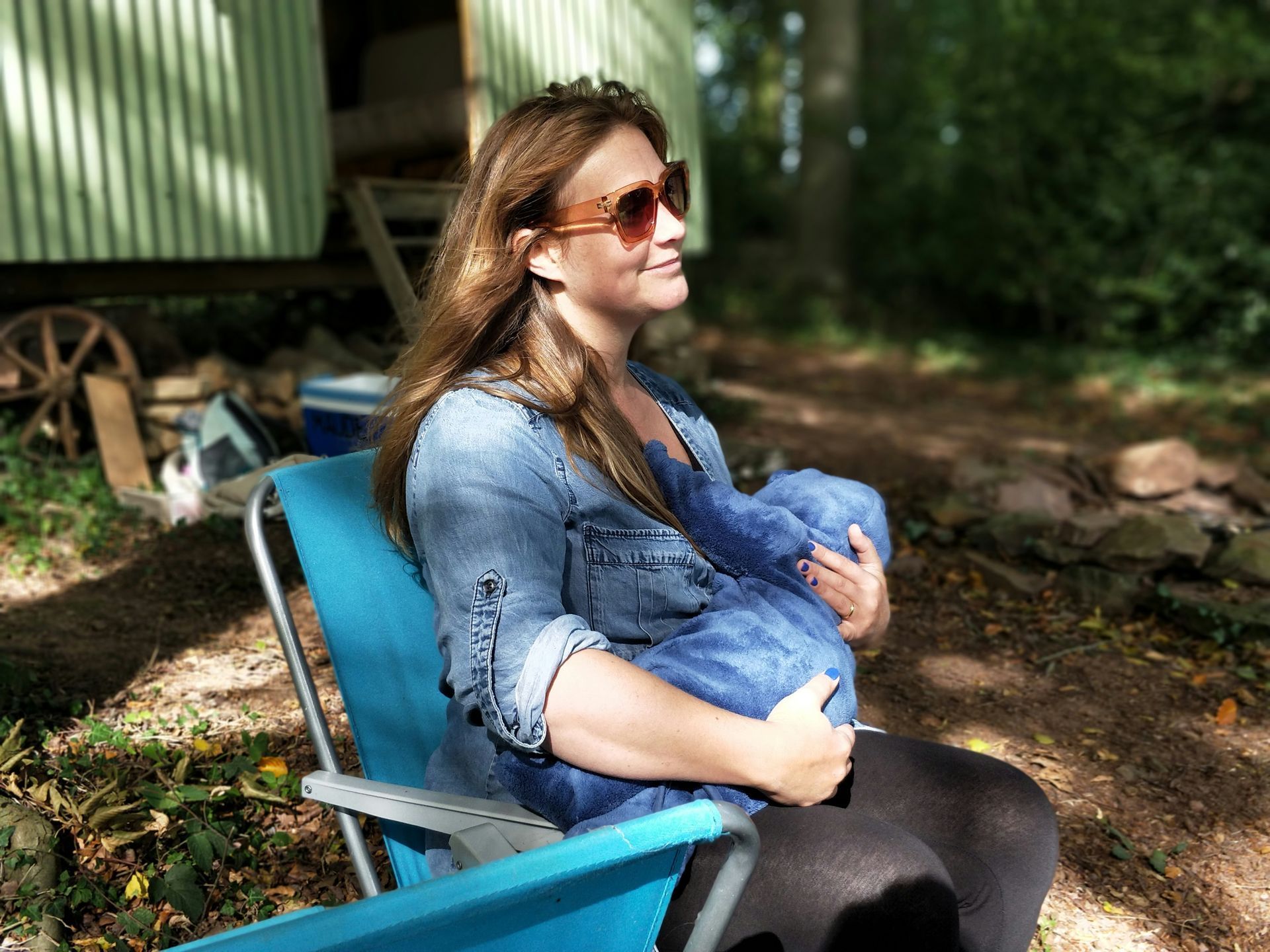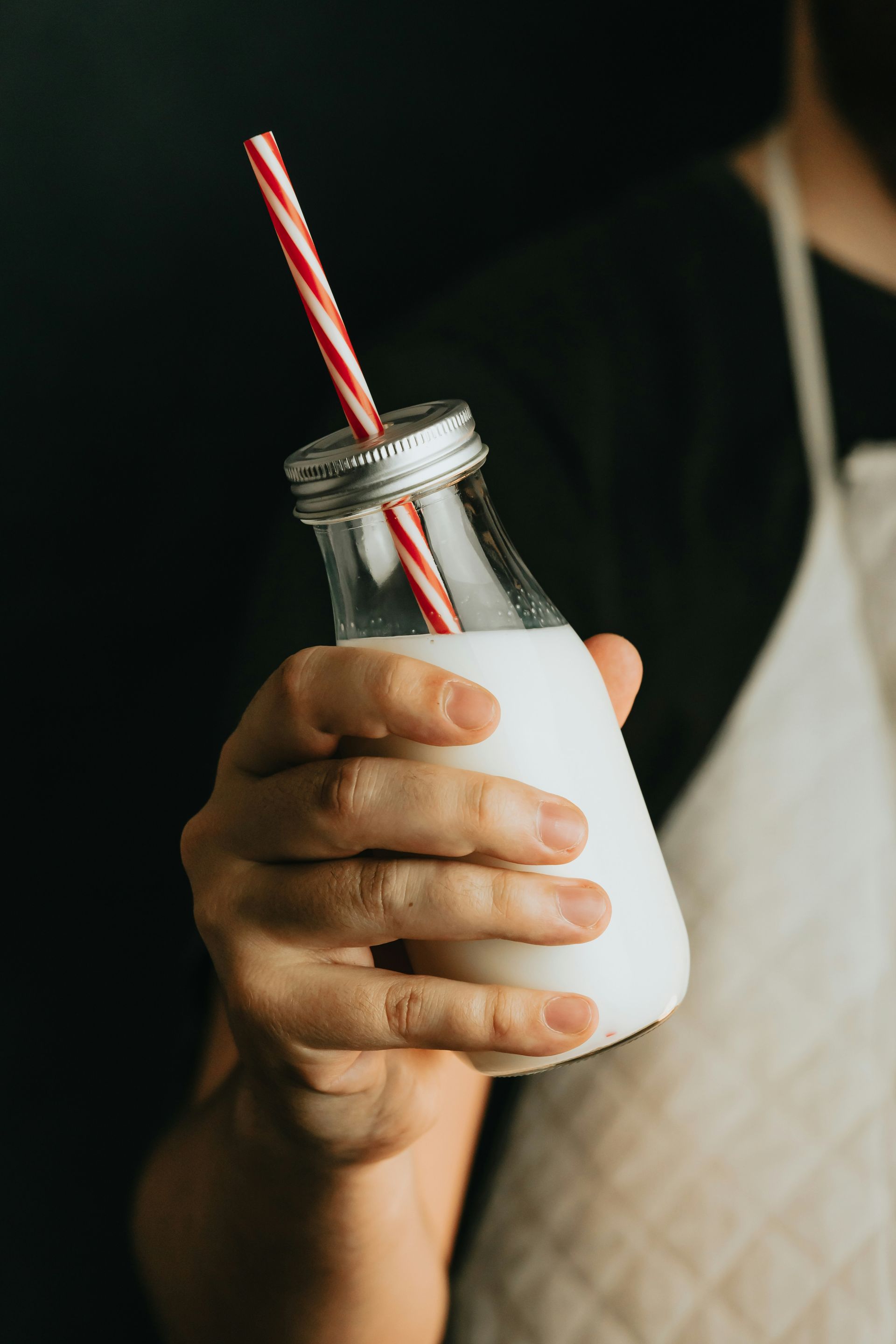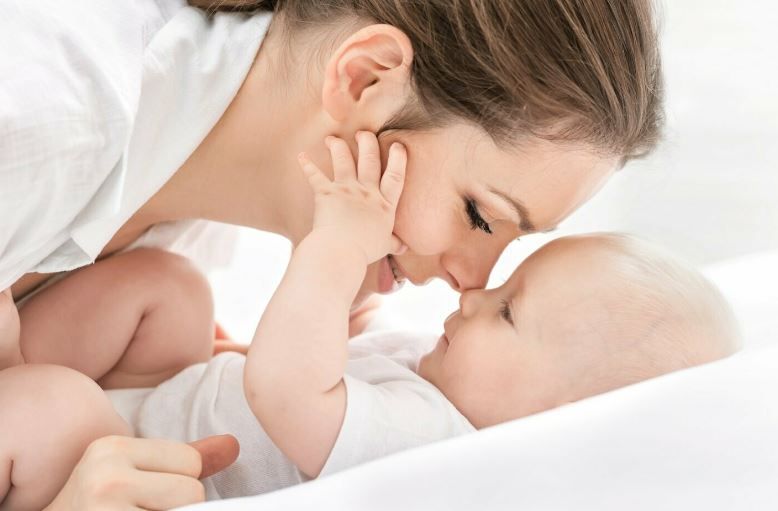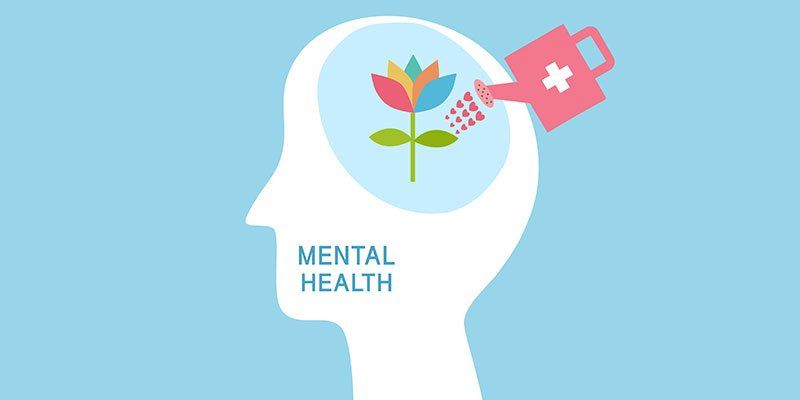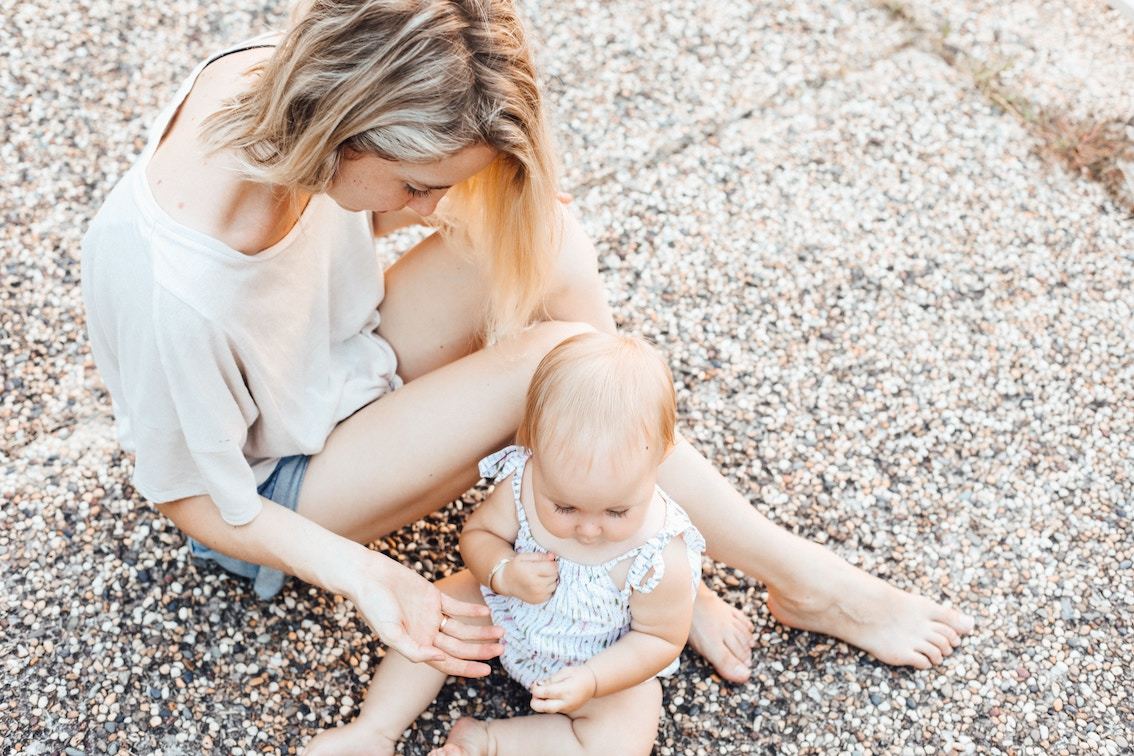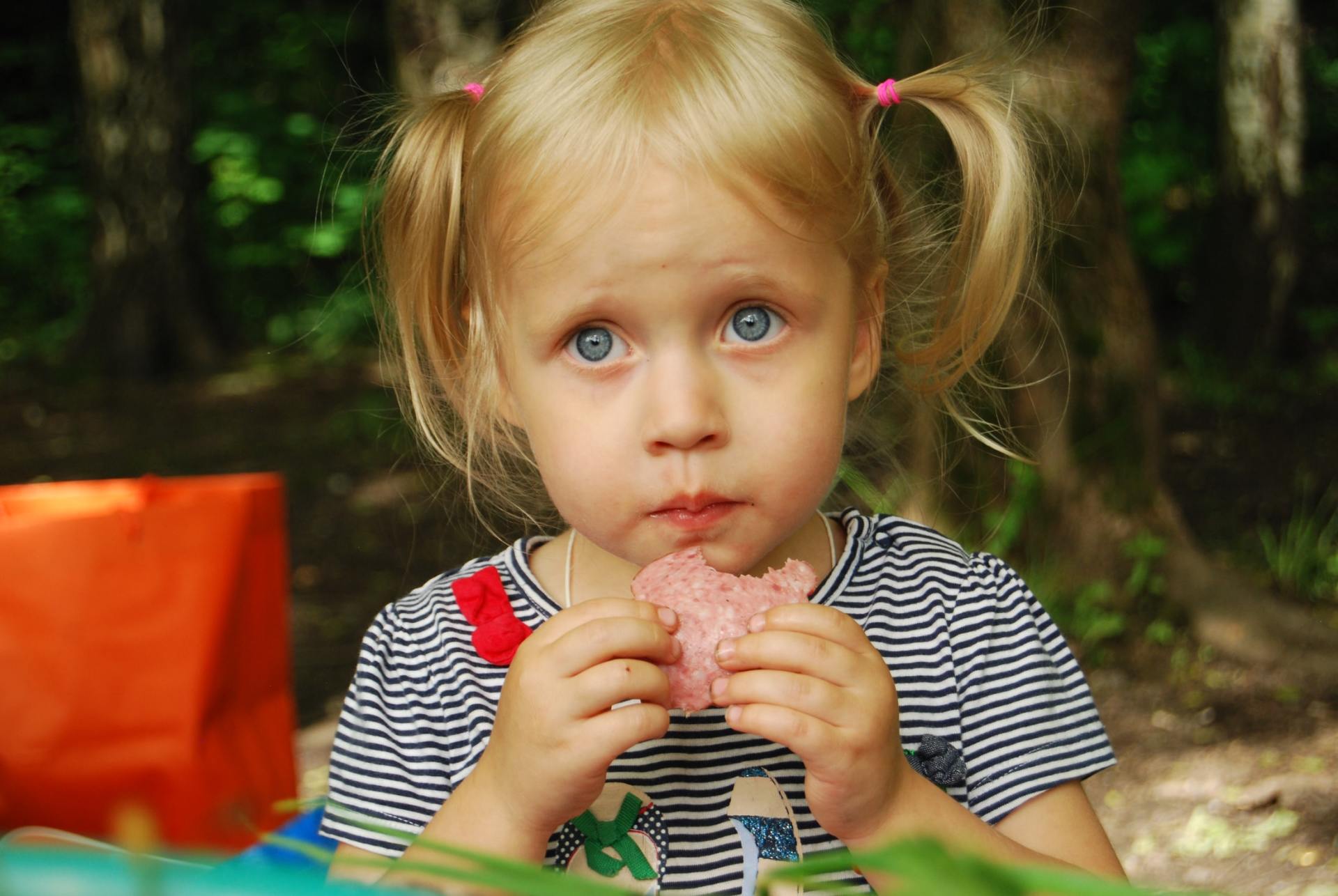Music And Emotional Regulation With Infants And Young Children
Parents, Music & Emotional Regulation In Children
Can a drumming song about the rain teach your child about emotional regulation?
And can you teach this to a 6-month-old?
The answers are “YES” and “YES”!
While we expect children to practise emotional regulation, as parents we actually need to practise guiding our little people through this process. After all, it takes some time to develop the language and skills around this.
During our
SongLife Connections music therapy groups, we have had many conversations with the families involved about the links you can draw for children between what their bodies are doing when engaging with music and what their bodies are doing when they are having an emotional experience. From when children are preverbal, it is beneficial to start practising the language and methods you want to use with your child as you guide them through their emotional expression and as they learn to regulate. Guiding your child through their emotions is called emotional co-regulation and experiences with music-making can help you learn about this process.
The Rain Song
Coming back to the idea of the rain song:
- Small pitter patter raindrop movements create a soft, gentle sound
- Big ‘thunder’ movements create loud, full sound
- When you’re calm you make smaller, quiet movements
- When you are angry/excited/overwhelmed you make big loud movements (noting that this is not always a negative thing!).
Parents can explore these ideas with their child from a very young age. When a baby is sitting in their highchair banging their spoon loudly, it might be appropriate to say ‘I can see you are feeling big and loud and you are doing your thunder drumming right now.’ Then you can sing a rain song with them and see if their movements change as the song comes to the pitter patter rain drops at the end.
Lullabies For Emotional Regulation
With a young infant, singing a lullaby to help them fall asleep is a form of co-regulation. As the child matures, parents can ask ‘Which song matches how you are feeling?’, or ‘Which movement can you make to show me how you are feeling?’. Through music engagement, the child is learning how to identify and process their emotions. Music opens up many pathways for expression and having more avenues for explaining how you feel is beneficial as they learn how to regulate emotions.
Try these songs at home and think about how you could use them to guide your little ones.
- Drip, drop rain is falling down
- I hear thunder
- If you’re happy and you know it
- Open shut them
- Dingle dangle scarecrow
- Shake your sillies out
- We can play on the big bass drum
- Teddy bear turn around
Growlife Medical's Songlife Connections Music Therapy Program
In our
Songlife Connections group music therapy program, we explore how music can support you and your child in their development, including emotional regulation and communication skills. Learning to use music at home may help with sleep habits, play time and healthy attachment. Sessions run on Mondays at our
Highgate Hill clinic for children aged 0-4 years old. Book a
Songlife Connections music therapy session today.
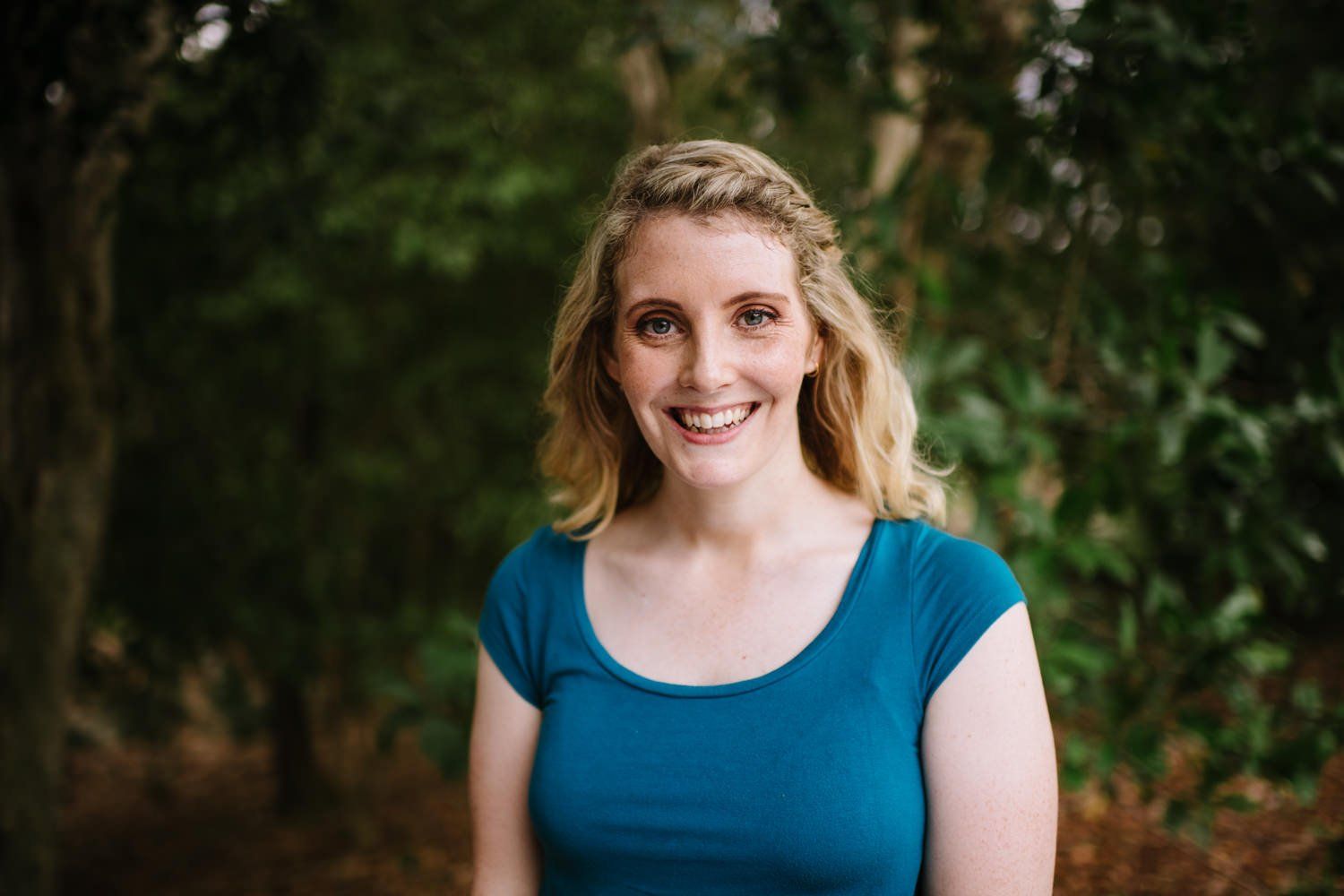
Songlife Connections Therapist - Amy Cooper
Music Therapist
Amy is a registered music therapist, vocal tutor and classical singer who has worked in clinical, education and community settings. Amy knows the social, mental and physical health benefits of singing and finds great joy in using music to improve the wellbeing of her clients. Amy runs the SongLife Connections and CareMusic Therapy programs at our Sherwood clinic.
Amy graduated from the University of Queensland in 2011. She has worked with people across the lifespan, from babies and their parents in the community, through to older adults in dementia care. In 2012, she founded the music therapy position at Prescare Vela Nursing Home, while also working as the music therapist at Nursery Road State Special School. For two years, Amy lived in Berlin and was the music and English tutor at an international kindergarten. Amy returned to Brisbane in 2018 and began her private practice, Creative Rainforest, providing in-home sessions to children and adults living with disabilities.
Other Health Articles
